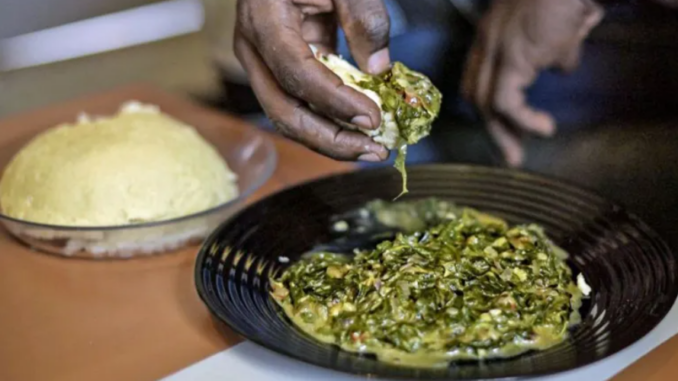
Zambia is facing a food safety crisis as contaminated maize, the country’s staple food, is linked to the deaths of approximately 400 dogs over the past month. Health Minister Elijah Muchima revealed that about half of the samples taken from milling companies contained dangerously high levels of aflatoxins, a poisonous substance produced by fungi.
The investigation into the nation’s maize supply was triggered by reports of numerous dog deaths from aflatoxin poisoning, believed to be caused by contaminated dog food. Alarmingly, the same companies processing maize for dog food also produce maize meal for human consumption, raising serious public health concerns.
While no human deaths have been reported yet, authorities are working to assess the potential impact on the general population. The government has initiated recalls of affected maize meal batches and issued seizure notices to implicated companies, though specific brands haven’t been named publicly.
Climate change and recent drought conditions are believed to have exacerbated the aflatoxin problem this season. With maize providing about 60% of Zambians’ daily calorie intake, the contamination has sparked widespread worry among politicians and the public.
The crisis has highlighted potential gaps in food safety measures, with industry representatives admitting that aflatoxin testing hasn’t been a routine practice. As the government ramps up surveillance and sampling efforts, there’s growing pressure for transparency about affected brands and more rigorous safety protocols to protect public health.
